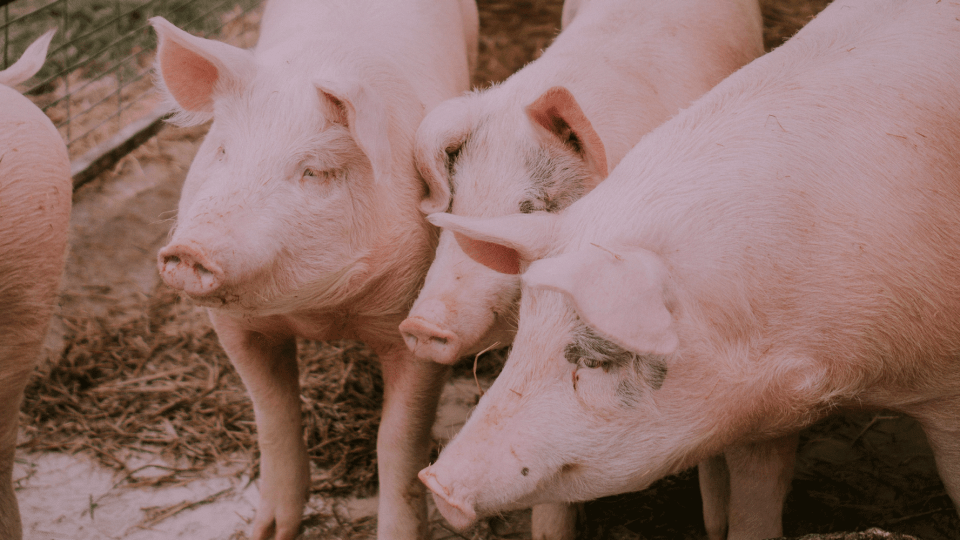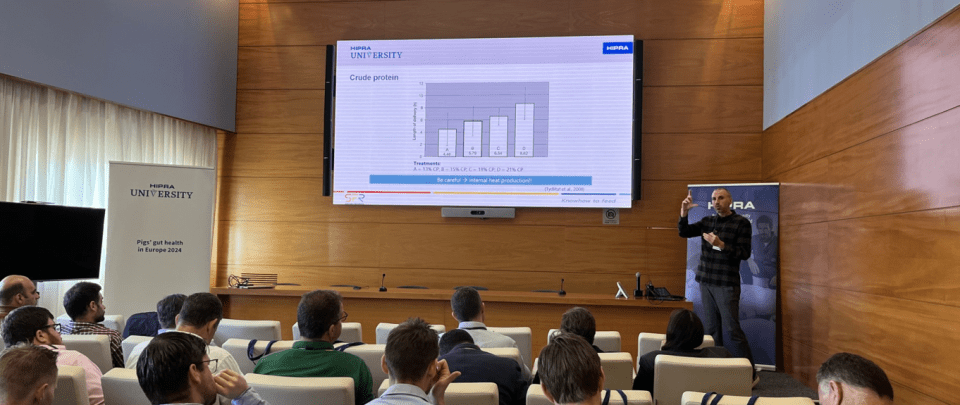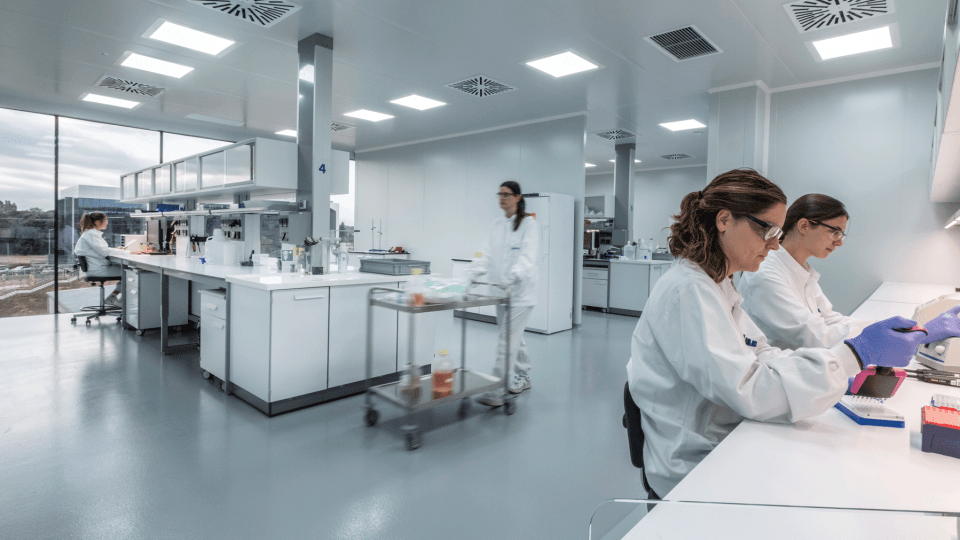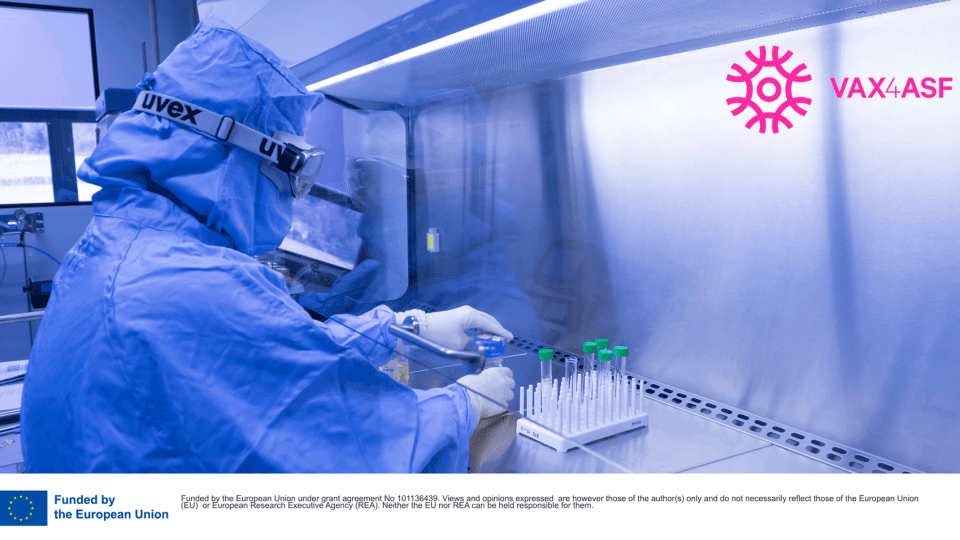The top leadership team from HERA (Health Emergency Preparedness and Response), the European Commission's authority for the prevention, detection and rapid response to health emergencies in the European Union, has visited the biotechnical pharmaceutical company HIPRA, which focuses on prevention and is an expert in the development and production of innovative biological products.
The European authority HERA visits HIPRA for its productive capacity in the face of future pandemics
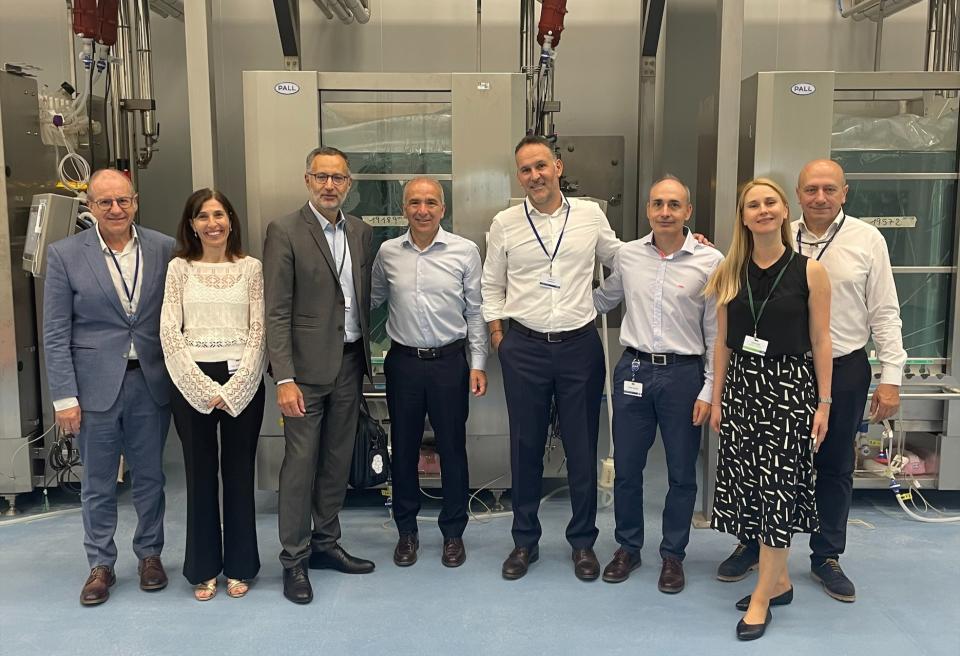
Control of the entire process: from R&D to fill&finish
The authorities visited the company's state-of-the-art facilities, covering more than 120,000 square metres, dedicated to the research, development and production of vaccines, located in Amer and Aiguaviva (Spain), where some 30 billion doses of vaccines for human and animal health are produced every year. Having facilities that integrate all stages of the process, from research and development, industrial scale-up, production, registration, packaging, conditioning and logistics in a single production centre, is one of the unique features of HIPRA as a company. Thanks to the experience acquired over more than 50 years working in the field of vaccines, HIPRA has a portfolio of 108 vaccines based on different technological platforms. The R&D teams work with more than 300 different pathogens, some of which are included in the WHO list as risk of phatogens for future pandemics.
Facilities prepared for the EU-FAB project
The day also included a visit to the facilities that HIPRA has ready ("ever warm") for the EU-FAB project, financed by HERA and of which HIPRA is one of only four strategic partners. The company has part of the production capacity reserved and a team of people ready to rapidly produce recombinant protein vaccines for the European Union in case of future health emergencies.
Being part of the EU FAB project is a sign of the company's commitment to global health and prevention, helping to strengthen Europe's strategic autonomy in a key area such as health, allowing Europe to be more prepared and have a greater capacity to respond to health emergencies.
The biotecnhical pharmaceutical company, currently made up of a team of more than 2,500 people, has 40 subsidiaries around the world, 3 R&D centres and 6 production centres located in Spain and Brazil.
